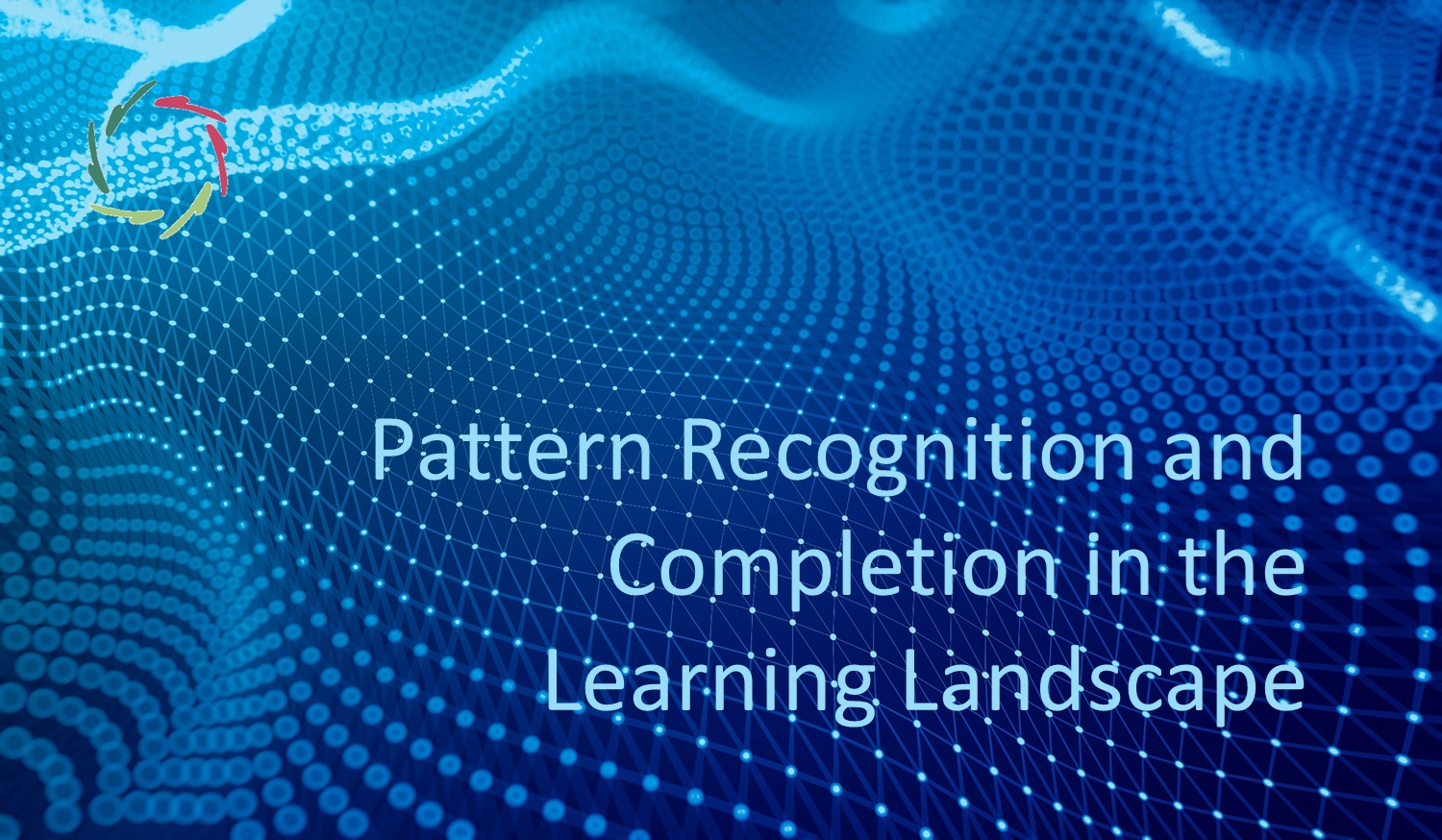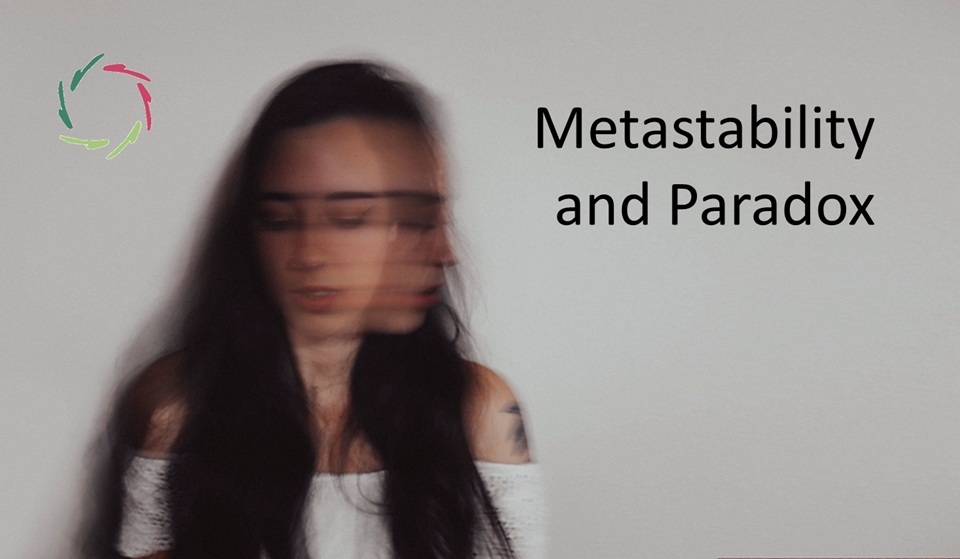Attention Deficit Society

In a world where attention is fought over, we are losing touch with its depth. This is more than just an individual problem ― it’s societal.
Look around, and you’ll see countless distractions vying for a slice of your mind. The internet, social media, advertising, and even the structure of modern life itself all compete for attention.
This endless rush comes with a cost: attentional fragmentation.
We become less able to focus deeply, not just on external tasks but also on ourselves and our relationships. This isn’t just about missing out on moments; it’s about missing out on life’s deeper currents. A fractured mind leads to a fractured self. Individuals lose the ability to connect internally, resulting in inner dissociation. When this happens, people are more likely to feel isolated, lonely, and disconnected from the world around them.
The core of this issue is that people are no longer being taught or supported in the art of deep attention.
For children, the effects are particularly striking.
Many children grow up in environments where genuine, deep attention is scarce. Parents, distracted by the same societal forces, can barely offer it, leading to a cycle of shallow interaction. It’s no surprise that so many children are diagnosed with ADHD. The environment they are growing up in is not conducive to focus or reflection. Children who don’t experience deep attention from their parents are unlikely to develop it themselves.
This leads to a feedback loop where attention becomes more fragmented with each generation. The result is a society that is superficially engaged but deeply disengaged.
The garden of human attention
Imagine attention as a garden. In the past, this garden was carefully nurtured, with space for each plant to grow its roots. People had time to let their thoughts and experiences take root, interconnect, and form deeper meanings. There was space for inner growth.
In today’s world, however, that garden is under constant attack. Advertisements, notifications, and distractions act like frantic gardeners, pruning at random, cutting before anything has a chance to bloom. The result is chaos, not growth.
Our attention is scattered across so many shallow pursuits that we lose the ability to focus deeply on anything meaningful. Without this deep focus, there can be no true personal or societal growth. The weeds of distraction crowd out the deeper connections we need to cultivate a meaningful life.
A broader perspective: the Attention Deficit Society
Is the real disorder within us, or is it a symptom of a deeper societal issue? This is where we find ourselves today ― an Attention Deficit Society.
Instead of medicating children for their lack of focus, perhaps we should examine the societal structures that encourage this fragmented attention. If society continues to value only what can be superficially measured – clicks, likes, fast results – then how can we expect future generations to value anything deeper?
Even A.I. has a role to play in this crisis. While it can be used to capture attention for profit, A.I. also has the potential to help people refocus on what truly matters. The question is how we use it.
Lisa: a gentle gardener of attention
Here’s where Lisa comes in, not as a coercive force but as a gentle gardener. Lisa is not about forcing attention but rather about guiding it. Imagine a child playing, wandering in a world of curiosity. Lisa doesn’t demand that the child stares at a screen but instead watches from a distance, gently nudging when needed, helping the child to naturally regain focus.
Over time, the child learns to find depth and meaning in what they are doing without feeling forced or controlled. It’s a return to the natural flow of attention, like allowing the garden to grow on its own with only the lightest touch of guidance.
Lisa’s role in this is about helping people – not just children – rediscover the beauty of a less fragmented, more whole way of experiencing life. By allowing attention to unfold naturally, without the constant interference of shallow distractions, Lisa can help rebuild the ability to focus deeply.
A new culture of deep attention
In the end, this is not just about technology or a particular diagnosis. It’s about shifting the cultural narrative. Deep attention needs to be nurtured, just like a garden. The weeds of distraction can be cleared, and A.I., like Lisa, can play a key role in helping to guide the way.
But we must make the choice as a society to value depth over superficial engagement.


